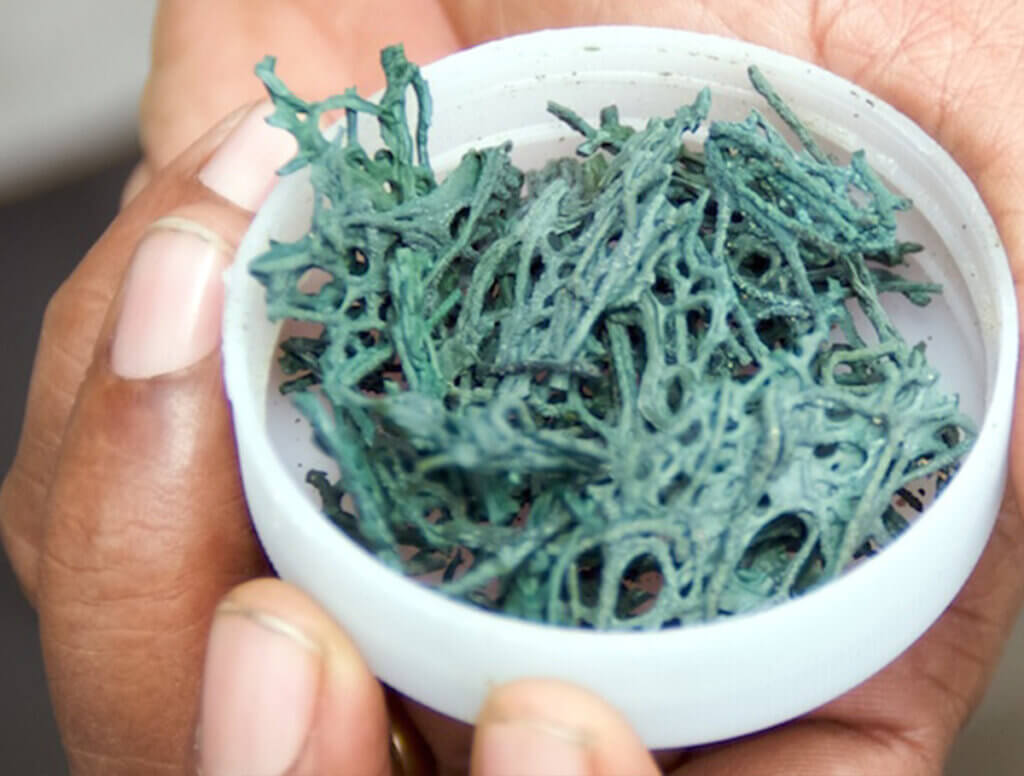E3live and the Klamath seaweed
The super food revolution
E3Live
Organic Blue-Green Algae (AFA) spontaneously harvested from Klamath Lake in Oregon, USA.

The intention is to create collective awareness of E3Live , fueling their inspiration to lead a healthy and proactive lifestyle.
Their vision is to act as stewards of the Earth, humble guardians of Mother Nature’s precious gifts.
E3Live has been offering natural organic health products since 1995.
Proud of their reputation, they ensure that they offer only the best quality products on the market. They are very critical and selective when it comes to collecting, filtering, testing and formulating products.

Klamath Lake
The lake Klamath is fed by 17 mineral-rich rivers, making Lake Klamath one of the world’s richest nutrient traps.
The waters of the lake and its sediments have a surprisingly high concentration of minerals and trace elements due to a massive volcanic eruption from Mount Mazama over 7700 years ago.

The lake is free of harmful bacteria, heavy metals, pesticides, herbicides, insecticides and fungicides.
The lake receives an average of 300 days of sunlight per year, which provides a perfect growing environment for the world’s richest strain of wild blue-green algae AFA, scientifically known as Aphanizomenon flos-aquae.
The alkaline water of the lake provides more than 60 times the nutrients needed for algae to grow to their full potential every year.
Under the right conditions, AFA algae can reproduce every 20 minutes, which means there is a abundance of this organic super food , with a high vital force and miraculous.
Ethics
Our harvest and purity tests are of the utmost importance to us. We not only meet, but exceed the quality and safety standards for harvesting processes.
AFA (Aphanizomenon flos-aquae), or the Aqua Botanical we collect, is the first protein and the oldest food on Earth, is so sustainable on its own that it is the first sign of life that scientists look for on other planets.
When harvesting, only the algal blooms of the first centimeters / meters of the lake are taken into account; therefore, the ecosystem of the lake can continue its cycle without interference. With the right temperatures and conditions, AFA is a self-sufficient food source.
Our responsibility to ensure the reproduction of AFA in the future is to protect the deep waters of Lake Klamath, leaving them undisturbed by our collection.


